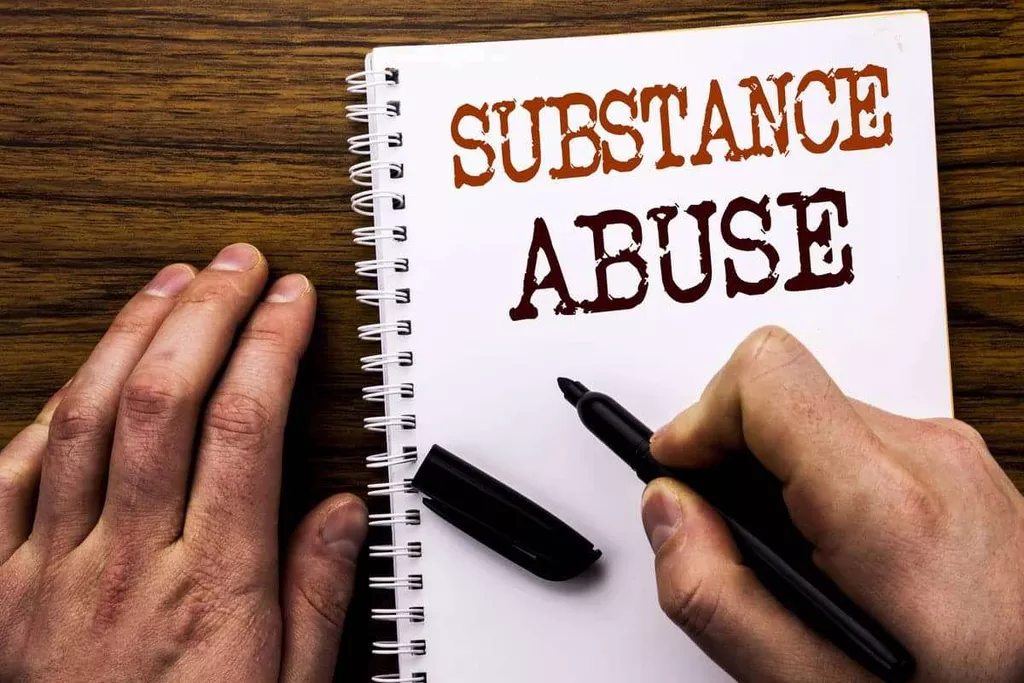
At this point, you may have even experienced some of the negative effects outlined above. For example, binge drinkers have https://ecosoberhouse.com/article/alcohol-and-sleep-does-alcohol-help-you-sleep/ been found to have problems with verbal learning skills. You may even find your ability to learn new verbal information improves if you cut down on the number of drinks you have. Alcoholism only ever gets progressively worse over time, without treatment. Whilst under the effects of binge drinking you become very vulnerable. In the event of being attacked, you will be less able to defend yourself or take appropriate action.
How can Ardu Recovery Center help me?
Your lungs, kidneys, and other body systems help remove the remaining ten percent. When you binge drink, you consume more alcohol than your liver can process, leading to a higher blood alcohol content (BAC) and other effects on the body. For men, heavy drinking is typically referred to as consuming at least 15 drinks per week. Frequently engaging in heavy drinking significantly increases one’s risk for long-term challenges related to excessive or problem drinking. There’ll also be a blend of traditional and alternative therapies to support overall well-being and recovery. Legal issues are a significant and often overlooked consequence of binge drinking.

Health Risks Associated with Binge Drinking
After first acknowledging your unhealthy habits, it’s important to find a trustworthy support network that can hold you accountable for your goals and sobriety. This support system can include friends, family members, or even a specialized group such as Alcoholics Anonymous. Keeping your struggle private can make it easy to internally justify your continued alcohol use, so allow others to be a network of support and accountability. If you want to stop binge drinking (and you should want to!), be careful about trying it at home.
Why do People Binge Drink?
Take it one day at a time, and be kind to yourself along the way. Binge drinking is when a person consumes enough alcoholic beverages during a 2-hour period to bring their blood alcohol concentration (BAC) to 0.08% or higher. Typically, this means four drinks for women and five drinks for men. At American Addiction Centers (AAC), we understand the importance of providing safe and effective alcohol addiction treatment. We have treatment facilities across the country with programs focused on providing individualized treatment plans to best support you.
Who binge drinks?
Recognizing signs such as changes in behavior and physical symptoms can aid in identifying at-risk individuals and providing timely what is alcoholism support. Immediate risks include impaired judgment and the potential for accidents. Long-term consequences may involve chronic diseases and ongoing mental health problems. Adolescents, whose brain development and cognitive functions are still evolving, are particularly vulnerable.
Practice Self-Care and Stress Management
- Support groups play a critical role in the recovery journey for individuals struggling with binge drinking.
- This is typically defined as consuming five or more alcoholic drinks for males and four or more drinks for females within about two hours according to the (NIAA).
- You will become more mindful and empowered to achieve healthy lifestyle goals, especially outcome-based healthier drinking goals.
- Alcohol is the most widely consumed substance worldwide, and its health implications extend beyond individual users, affecting the entire healthcare s …
Over time, their capacity for drinking increases, leading them to seek even more alcohol to achieve the same effects. According to the CDC, nearly one in six adults is a binge drinker. Drinking habits aren’t just personal choices; they’re influenced by cultural norms, traditions, and the social environments we find ourselves in. Binge drinking can also cause the body temperature to drop to an abnormally low level, especially if the binge drinker goes outside during winter.


If you’re the type of person who likes to seek out novel sensations and situations, you might also be more willing to engage in risky drinking habits. Giving up binge drinking can feel a lot different from overcoming other forms of drinking. For example, you might not feel like you have an alcohol use disorder, but perhaps you’ve noticed a pattern of excessive drinking on nights out, or an inability to stop once you get started. Self-reflection and intention setting are great tools to identify your path forward if you want to stop binge drinking and moderate your alcohol consumption or get sober.
- Binge drinking is a concerning behaviour that can have severe consequences for individuals both in the short and long term.
- Binge drinking is prevalent among various age groups, especially those aged 18 to 24 and individuals aged 65 and older 2.
- One of the most profound effects of alcohol on long-term drinkers is the potential development of alcohol dependency or alcoholism.
- Reach out to friends, family, or support groups who can provide encouragement, understanding, and guidance during the journey to sobriety.
If binge drinking is negatively affecting you and you want to stop but find you cannot, it could be that you suffer from alcoholism. Socially, binge drinking might be more normalised in certain contexts (like college parties), while binge eating is almost always done in private and carries more shame. The shame and secrecy surrounding both behaviours are remarkably similar. People often hide their binge drinking just like they hide their binge eating, leading to isolation and making the problem worse.

Short-term physical effects of binge drinking include:
If they’re intoxicated, they might be more likely to misunderstand you, lash out, or forget the details how to stop binge drinking of the conversations. Wait until you’re both able to have a clear, unrushed, and uninterrupted conversation. Watching a friend or family member struggle with a binge-drinking habit can be difficult, even heart-wrenching. You’ll likely be there to witness their most reckless behavior, painful hangovers, and their sense of shame and depression afterwards. If you’re having a hard time shifting your focus from internal to external, consider the quality of your inner self-talk. Dissect and challenge those worries with more realistic thoughts.